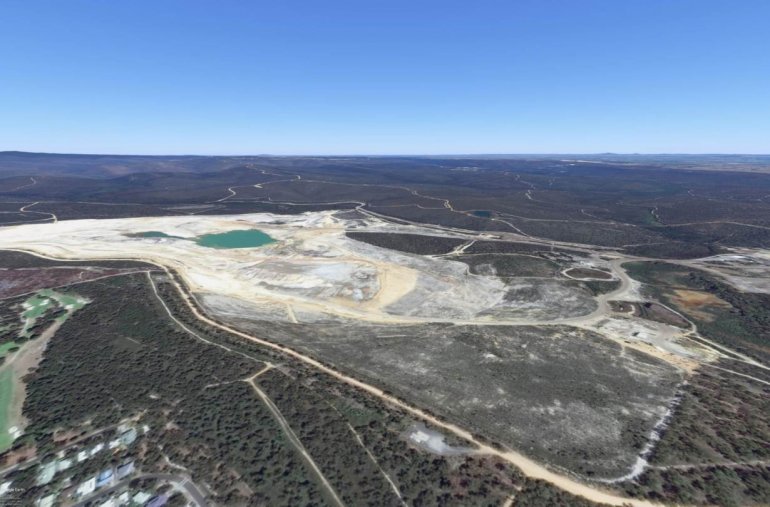The creator of the world’s largest indoor rainforest, Britain’s Eden Project, has unveiled plans to turn a former Australian coal mine into a major eco-tourism attraction.
The Eden Project has become one of Britain’s best-known social enterprises – businesses that seek to do good – since opening its doors 20 years ago on the site of a former quarry, and now hopes to replicate that success in Australia.
It will work with Alcoa, the aluminium giant that owns the mine in the Australian coastal town of Anglesea, to develop the attraction which they say could create 300 jobs and “breathe new life” into the community.
They plan to turn the defunct coalmine and power plant into a series of gardens and exhibits centred around a giant lake, with the aim of teaching visitors about sustainability and the local ecology.
“If we can help people understand we are a part of nature, rather than apart from nature then we think we stand a chance of tackling some of the problems around us,” said David Harland, chief executive of Eden Project International.
Harland believes the 40-hectare (100-acre) destination, situated on Australia’s Great Ocean Road, could attract tourists who might otherwise pass Anglesea by.
He said creating work opportunities could help reverse the brain drain Anglesea has suffered since the mine closed in 2015 after 46 years of operation.
“We don’t want to do something that is not wanted, but think we can protect some of the fantastic environment there, we can actually enhance what is there and bring social and economic prosperity to the town,” he told the Thomson Reuters Foundation.
Over the past two decades The Eden Project in western England has attracted more than 20 million visitors to its gardens beneath giant domes, called biomes, with rainforest and Mediterranean climates.
The organisation is developing about 13 other projects internationally, including in China, Dubai and the United States, and was approached by Alcoa 18 months ago to develop the Australian mine concept.
Over the next two weeks they will talk to the community about the project, estimated to cost about A$150 million ($103 million) to complete, with the aim of opening in late 2023 or early 2024.
The construction work will be funded by social investors, who want their capital to deliver positive social impact, said Harland






